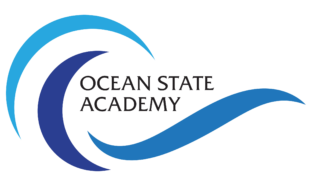ACADEMIC PROGRAM

Ocean State Academy is constantly advancing to reflect best practices on today’s evolving educational landscape. Our school’s multimodal framework creates flexible, responsive classrooms that feature:
- 21st Century Learning Approaches
- Blended Learning Modalities
- Differentiated Instruction
- Generalization of Skills
- Alignment with Common Core State Standards (CCSS)
- Adherence to Standards of Learning (SOL)
- Fulfillment of IEP Requirements
- Ongoing Formative Assessment to Inform Instruction
- Systematic Student Monitoring
- Technology-Enhanced Instruction
In these adaptive classrooms, our students benefit from diverse curriculums and broad-spectrum computer programs that have built-in formative assessments, which in turn benefit teachers with real-time feedback on student progress. Our teaching strategies meet students at their own level and pace, affording them options to reengage with instructional material in more effective and productive ways and allowing them access to gradually unfolding content as they work toward skills acquisition within the general education curriculum.
We work hand in hand with Rhode Island school districts to both enhance individualization — including personalized schedules and lesson plans — and to design unique course loads that meet district requirements for grade advancement and/or graduation.
As critical as individualization of instruction is to the academic success of the particular populations we serve, we’ve found that it’s just as essential to guide students in developing the ability to function cooperatively within a learning community. For this reason, Ocean State Academy prioritizes the individual student while never losing sight of his or her integral role in the larger community surrounding and supporting the student.
Adaptable Instruction by Our Special Educators
Empowering students also means empowering teachers. Our model utilizes research-based adaptation methods that facilitate teacher adjustments in four primary areas: (1) presentation of new material; (2) guided or controlled practice; (3) feedback and error correction; and (4) independent/collaborative practice for transference to the real world. Instead of implementing set or finite adjustments on a subject-by-subject basis, our teaching accommodations are evolving and dynamic in nature, based on individual student needs, context, activity, and objectives. Accordingly, our teachers continuously identify activities where students require an adaptation, develop and initiate its use, then evaluate its effectiveness in meeting the need.
The versatility of our model is mirrored in our classroom architecture, featuring areas that allow for privacy as well as interaction, for individual workstations as well as group meeting spaces, for whole-class instruction as well as small-group and one-to-one learning. This environmental flexibility is critical to the success of our educational approach, which permits mixed instructional strategies designed to best meet the needs of individual learners as well as the emerging community of learners in each classroom.
Academic Curriculum
Daily classes and coursework include but are not limited to these areas of study:
- English / Language Arts
- Math: Algebra, Geometry
- Social Studies: U.S. History, Multicultural History, World History
- Science: Biology, Chemistry, Physics
- Physical Education & Health
- Foreign Language: French, Spanish
- Electives: Journalism, Writing Research, Drawing, Introduction to Theater, Communications Media, Graphic Arts & Printing, Computer Systems, Word Processing, Electronics, Art, Music, ESL
Technology-Enhanced Instruction
Computer and digital literacy is a prerequisite for functional and independent living in modern society. Ocean State Academy therefore weaves technology into the overall tapestry of our campus’s curriculum in the following ways:
- Computers in Every Classroom
- iPads
- Web-Based Software
- Online Lessons & Tutorials
- Educational Video Games
- Computerized Assessments
As large a part as technology plays in the present-day classroom, it should be noted that we use it to reinforce the learning experience, not to replace traditional one-on-one educational approaches that have proven most effective with students with special needs.

